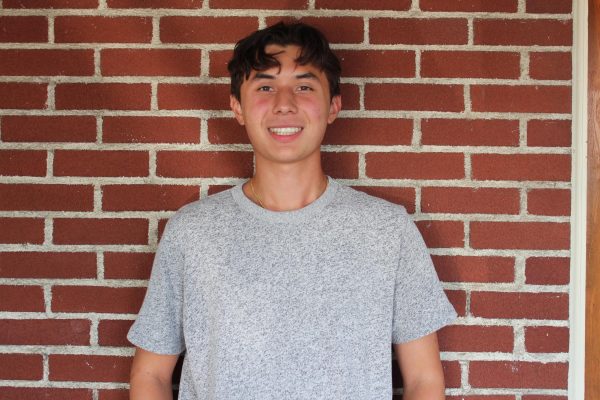This past Tuesday, I attended the Writers in Conversation event with Shira Erlichman and Eugenia Leigh, moderated by Jess Ram. Shira Erlichman is an author, visual artist and musician whose poetry, including her award-winning collection “Odes to Lithium” focuses on her experiences with mental illness and is celebrated for its “stylistic upheavals.” Eugenia Leigh is a Korean American poet and author whose work has won the Late Night Library’s 2015 Debut-litzer Prize in Poetry selected by Arisa White, and was a finalist for both the National Poetry Series and the Yale Series of Younger Poets. Jess Ram is currently the Publicity and Outreach Manager for the Stadler Center as well as the Associate Editor for West Branch.
Overall, I found the event to be an illuminating and enlightening experience. Both Erlichman and Leigh, as well as Ram, have been diagnosed with bipolar disorder. As someone who knows very little about this disorder, the event was a very informational way to learn more about it. It was also interesting to hear about how Erlichman and Leigh use poetry and language as a whole to make sense of their diagnosis and experiences.
As with all Stadler Center events, the event was geared towards the literary community at Bucknell. However, because the event was on Zoom, people from outside of Bucknell also had access to the event. I can also imagine that this event struck a chord with people living with bipolar and other mental health disorders, as they could feel represented, seen or supported through the writers’ art. Hopefully, those suffering from similar experiences now feel inspired to use language to overcome their obstacles.
During the talk, Leigh recited the quote “Why did I make brooding my vocation when awe was an option?” I found this quote to be really powerful and relatable. Sometimes it seems like brooding, focusing on the negative, is the only way to view life. For me, I’ve been having trouble not feeling stressed and overwhelmed during this busy time in the semester. However, this quote was a beautiful reminder that awe, hopefulness and beauty are always out there in the world, even if negativity is so pervasive.
I was also fascinated by each of their thoughts on language. In particular, both Leigh and Erlichman found power in being diagnosed, as it gave their suffering and experiences a name. During the conversation, Erlichman made the point that we perpetuate illness by not calling it by its name. By having the ability to give their experiences a name, each of them found the power to not only cope with but also persevere through their suffering. However, they also acknowledge the inequality that comes with being diagnosed. Leigh pointed out that not everyone has the ability or the resources to get the help they need, which adds another layer of complexity to the discussion since not everyone who has bipolar will know about their condition. As a result, language, specifically accessibility to language, is something that each of them are thankful for. Furthermore, it highlights the fact that making use of the language that we do have access to is important in giving other people ways to make sense of themselves when a lack of available resources makes it harder for them to do so.
All in all, the Writers in Conversation event was a fascinating experience and I look forward to attending more in the future.




















